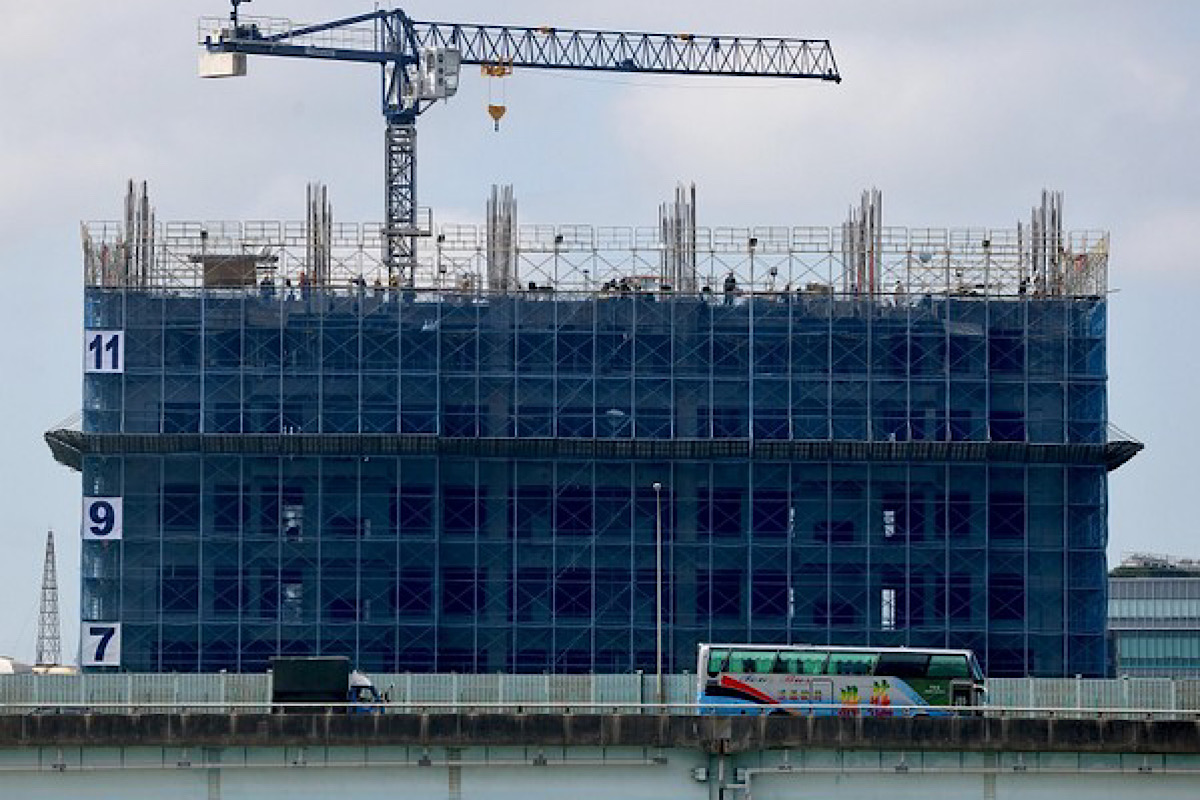China’s largest property developer, Country Garden, said that it faced a loss of USD 7.1 billion in the first six months of the year, mounting pressure on the Chinese homebuilder already experiencing a financial meltdown, The New York Times (NYT) reported.
The losses suffered by Country Garden and the resulting cash crunch are the most recent evidence of the worsening crisis in China’s real estate market, where years of excessive borrowing have left many of the largest developers with mountains of debt they have been unable to pay back. As China’s economy has slowed recently, the already slow real estate market has come to a complete halt, putting Country Garden, which has a total debt of over USD 187 billion, in peril.
Advertisement
Compared to a profit of 1.9 billion yuan in the same period last year, Country Garden’s net loss over the past six months was 51.5 billion yuan. This month, it issued a warning that it anticipated posting a significant loss, citing an “unprecedented difficult period” for China’s real estate market, as reported by The New York Times.
The company said that revenue increased in the first half, but it appeared to acknowledge that it had discounted properties in order to maintain sales volumes and a “smooth business operation.” The company had reported that contracted sales in July decreased by 60 per cent from a year earlier.
Country Garden stated in a statement that it was caught off-guard by “the profundity and persistence of the market’s downtrend.” Additionally, it stated that the company had made disproportionate investments in real estate in smaller areas where the economic slump had been more severe.
“All these shortcomings have led to the most severe difficulty that the company has ever faced since its establishment,” Country Garden said, according to NYT.
The company earlier on Wednesday said that it would raise USD 34 million by issuing fresh shares.
Country Garden said it planned to issue 350.6 million shares at 77 Hong Kong cents apiece next week. The proceeds would go to a subsidiary of Hong Kong-based Kingboard Holdings Limited, a materials and chemicals manufacturer with a property division to which Country Garden owes money.
Country Garden said it owed the Kingboard Holdings subsidiary around USD 200 million, to be paid in instalments, with the final payment due in December.
About 1.3 per cent of Country Garden’s current shares are made up of new shares. The shares are being offered at a 15 per cent discount to Tuesday’s closing price. 67 per cent of Country Garden’s shares have been lost this year.
A deal to sell a 27 per cent stake in a commercial and residential real estate development in Guangzhou, southern China, for USD 177 million was announced by Country Garden last week, NYT reported.
Previously lauded as a fortunate survivor in China’s turbulent real estate market, Country Garden has been the largest seller of homes in the country for the past six years. It had dodged the industry’s liquidity problem, which developed when the government in 2020 restricted developers’ access to credit in an effort to stop a real estate boom. Numerous real estate companies have defaulted in the last three years, including Evergrande, the now-bankrupt developer that previously competed with Country Garden for dominance of the sector.
However, Country Garden is now the one attempting to avoid collapse. This month, it failed to make two interest payments to foreign bondholders. The company must pay those bonds by the end of the following week or it would be in default with its creditors. Additionally, it is attempting to delay the repayment of a domestic bond worth USD 350 million, which is due this next week, until 2026, The New York Times reported.











